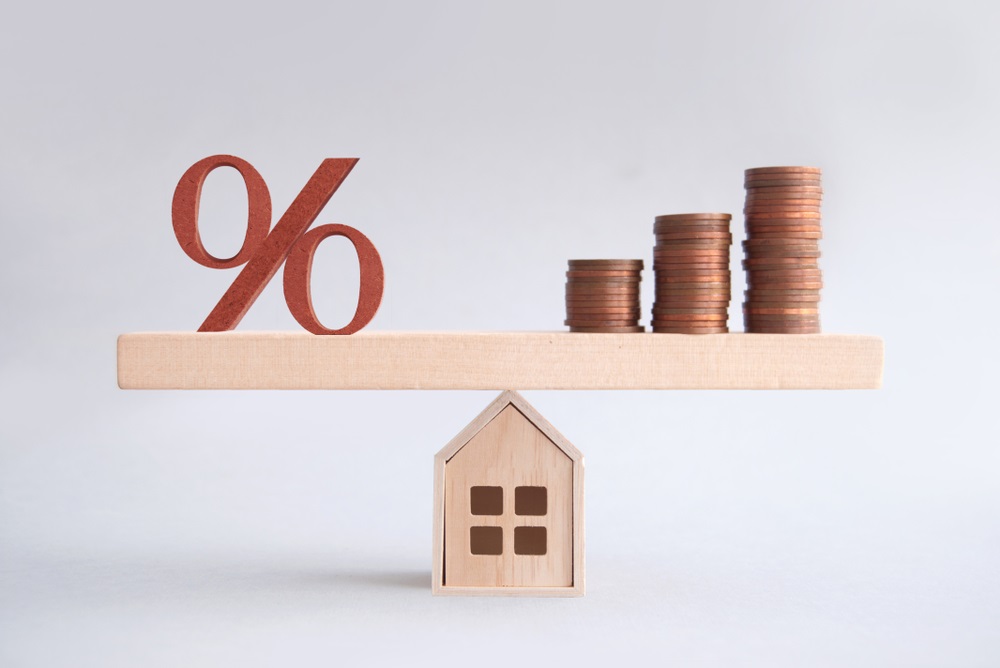A typical buy-to-let mortgage repayment has increased by over £100 since January according to analysis by Property Master.
 The research, which was conducted before the Bank of England increased the base rate for the fourth time in a row last week, illustrates the ‘relentless’ climb in the cost of buy-to-let mortgages.
The research, which was conducted before the Bank of England increased the base rate for the fourth time in a row last week, illustrates the ‘relentless’ climb in the cost of buy-to-let mortgages.
The increase of £103 per is based on the repayments for a typical two-year fixed rate mortgage for £140,000 with a loan-to-value of 60%. But landlords taking out new products will be experiencing relative price hikes.
Angus Stewart, chief executive of Property Master, which made the calculations using its online buy-to-let tracker said: “The current turbulence in the money markets is also making it more difficult for some lenders to raise funds so there is a fear that as well as higher mortgage costs landlords may also face reduced choice.
“We are recommending to our clients that if they need to remortgage or are planning a new purchase, they should bear in mind mortgage rates are changing and products are being withdrawn on a more or less daily basis.”
What price are the cheapest buy-to-let deals?
Property Master said the cheapest typical buy-to-let mortgage for a two-year fixed rate, for £160,000 with an LTV of 60%, moved up from 2.36% to 2.46%. This was an increase in monthly cost from £351 to £365 or £14 per month more, once fees are included.
The increase was slightly less for the more popular five-year fixed rate mortgages. A typical five-year fixed rate buy-to-let mortgage with an LTV of 60% again for £160,000 increased from 2.48% to 2.58% up 0.1% an increase in monthly cost from £346 to £359 or £13 per month more once fees were included.
Angus Stewart added: “Whilst it is true that buy-to-let mortgage costs may look low from an historical point of view the increases we are seeing now come at a very bad time.
“Increased taxes and regulation have already chipped away in recent years on the returns landlords can hope to make.
“Now increased borrowing costs are making margins slimmer still exacerbated by the Government removing mortgage interest relief which had less impact when the base rate was lower.
“With accommodation in short supply and rents on the rise it will be worrying to see landlords deciding that the private rented sector is no longer for them.”














